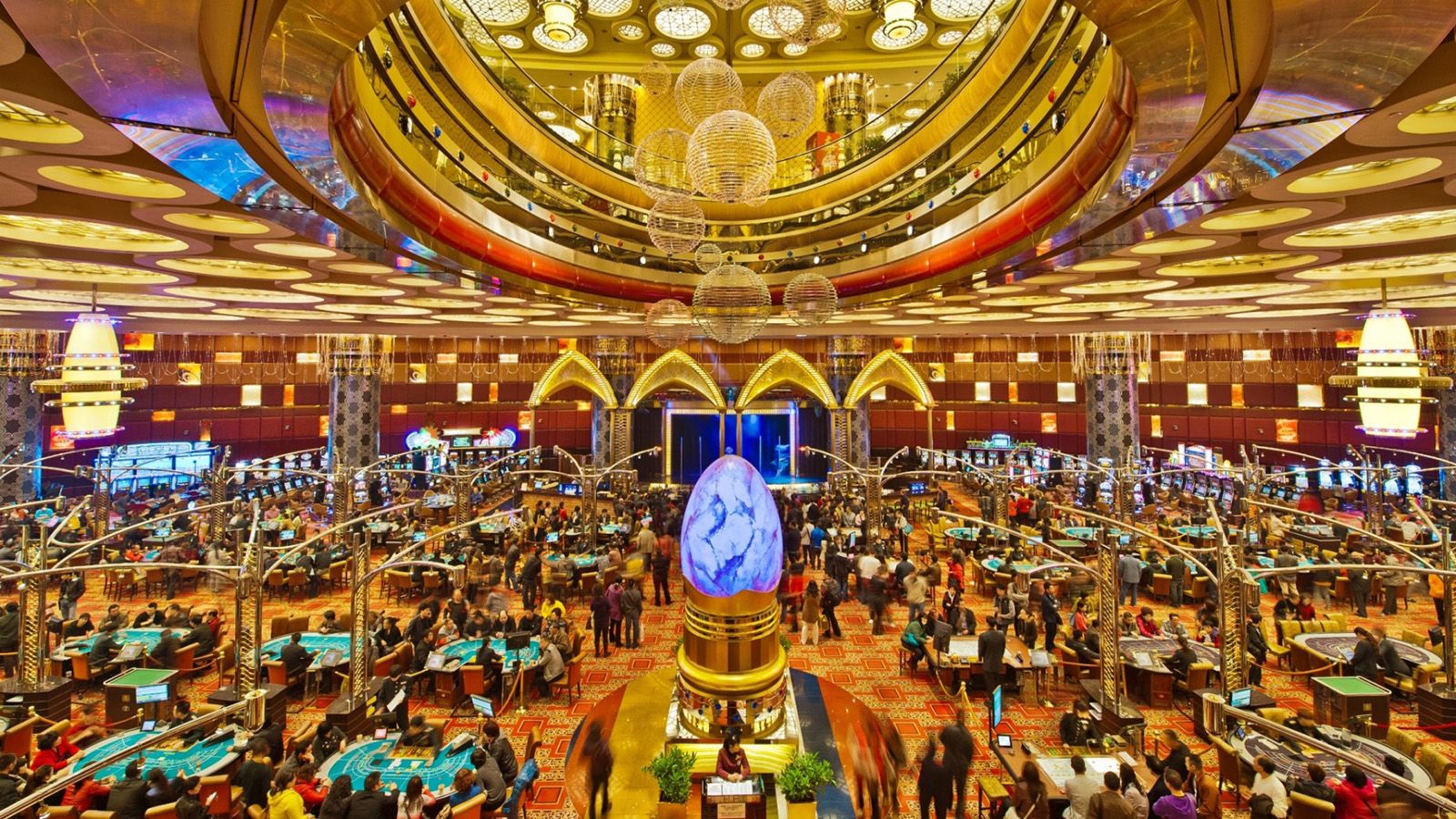
In the world of gambling, where chance and strategy meet, a unique tapestry of beliefs emerges—one that weaves together luck, fate, and the enigmatic nature of casino games. Casinos, bustling with excitement and anticipation, are not just spaces for placing bets; they are also arenas where superstitions thrive. From the novice player to the seasoned gambler, these mysterious practices often shape how individuals approach the games they play, holding the belief that their actions can impact the outcome in ways that go beyond mere probability. casino en ligne francais
As players gather around roulette wheels, blackjack tables, and slot machines, the atmosphere is thick with stories of lucky charms, rituals, and codified behavior that defy logic yet provide a sense of comfort. Whether it’s wearing a specific outfit, following a particular sequence of bets, or even avoiding certain numbers, the attachment to various superstitions reflects a deep-rooted desire to master the uncontrollable. This article delves into the captivating world of casino game superstitions, investigating the beliefs that both entertain and mystify those who dare to play.
Historical Origins of Superstitions
Gambling games have long been entwined with an host of superstitions that go back to ancient societies. The roots of these beliefs can be connected to humanity’s intrinsic need to control the random outcomes connected with chance and randomness. In ancient civilizations, games of chance were often tied to spiritual practices. Gamblers would invoke blessings or ask for favor from spirits, believing that their actions could affect the outcomes in their benefit. This basis laid the basis for the myriad of superstitions that spread as betting evolved over ages.
During the Middle Ages, gambling became a widespread hobby across European nations, and with it, a colorful tapestry of superstitions developed. Players adopted various rituals and charms, believing they could influence the outcome of games. The importance of digits, in particular, started to appear in superstitions pertaining to card games and dice. The number 7 was often considered auspicious, while various numbers carried bad connotations. These ideas mirrored the social contexts of the time, changing as they passed through generations and adapted to new gaming environments.
As gambling houses emerged in the seventeenth century, particularly in the Italian peninsula and the French nation, the atmosphere surrounding gambling became imbued in mystique. The growing availability of casino games allowed for the expansion and growth of superstitions among players. Concepts like lucky charms, special seating arrangements, and rituals gained prominence, creating a distinct culture within casinos. As these traditions continued to thrive, they became essential to the character of casino activities, illustrating how history and society shape the convictions that influence how participants interact with luck.
Common Casino Myths
Beliefs surrounding gambling activities are plentiful and varied, reflecting the hopes and anxieties of gamblers as they engage in random activities. One of the most common views is that specific numbers bring fortune or bad luck. For example, the number seven is often seen as a lucky number, frequently sought after by players looking for a favorable result. Conversely, the number thirteen is routinely considered unlucky, leading many players to avoid it during their gaming sessions.
A common belief relates to practices that players believe can influence their odds. It could be blowing gently on dice before a throw, using a particular hand to place a wager, or even wearing specific items of attire, many individuals feel that these rituals can sway fate in their favor. These practices offer a sense of power in an otherwise random environment, strengthening the idea that fortune can be manufactured through individual convictions and customs.
Lastly, the ambiance and vibe of the casino itself contributes to superstition. Many gamblers suggest that the presence of certain symbols, such as four-leaved clovers or lucky tokens, can enhance their chances of success. Additionally, gamblers might hold to the notion that victory streaks can be halted by mundane events, such as a person passing by or a spill at the gaming surface. The shared environment in a casino can amplify these beliefs, creating a shared culture of myths that goes beyond individual encounters.
Impact of Superstitions on Players
Beliefs play a important role in the psychology of gamblers, often influencing their behavior and decision-making. A lot of gamblers think that luck can be influenced through different rituals, such as wearing a lucky charm, choosing particular hues, or steering clear of particular digits. This reliance on superstitions can create a feeling of authority in an environment that is inherently unpredictable. Players frequently feel more self-assured and engaged when they think that their actions could sway the outcome of a game in their favor.
The influence of these superstitions extends beyond individual players, affecting the general atmosphere within the casino. For instance, a player who holds the belief in the luck of a certain slot machine might attract a crowd, as others are intrigued by their apparent success. This shared belief can amplify excitement and create a dynamic environment, leading to an captivating experience even for those who may not necessarily be superstitious. The buzz around certain games can lead to higher participation and extended playing sessions, supporting the casino’s vibrant social scene.
In some instances, superstitions can lead to harmful effects for players. Depending too much on rituals can result in poor gambling decisions, as some may ignore basic strategies in favor of unfounded beliefs. Additionally, the stress to perform rituals may heighten anxiety and stress levels, detracting from the pleasure of the experience. Ultimately, while superstitions can enhance the excitement of playing casino games, they can also lead to unwise choices that overshadow the enjoyment and amusement intended in the casino experience.